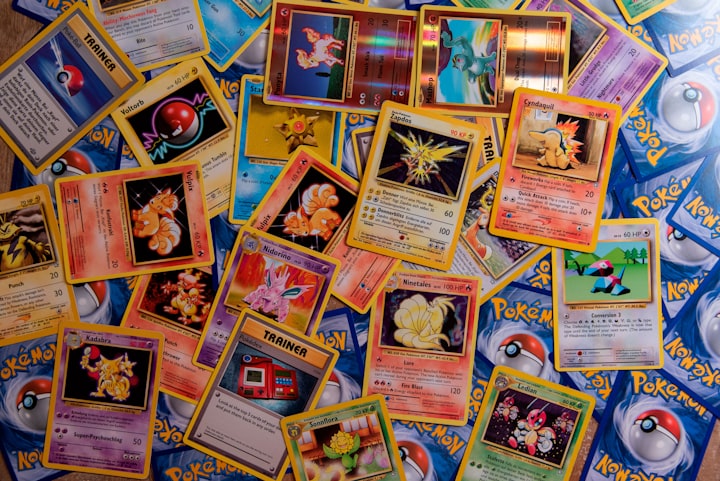Postcards from a Pandemic, Part Three:
Apocalypse, Then and Now

Call me crazy, but in the middle of a disaster, I’ve been distracting myself with…disaster.
I can’t help it. I’m an Armageddon junkie. As a writer, I’m naturally interested in contrasting and comparing fictional depictions of mass casualty, civilization-threatening events with the nearest analogue in recent history: this here big ol’ pandemic. It interests me, sometimes in comforting, sometimes in disturbing ways.
And I know I’m not the only one. The popularity of zombie-based entertainment in recent years suggests a widespread public fascination with the end of the world, bordering on the erotic. And now, as if being punished by an irony-loving god, we are experiencing the real thing. For a student of science and human nature, the urge to return to fictional apocalypses of days gone by, and compare them with the everyday reality of our now much-changed lives, is irresistible.
I’ll start with Contagion. Steven Soderbergh’s 2011, star-studded look at a plausible, SARS-type pandemic of the near future, is so star-studded it’s been dubbed by wags “Virus Eleven,” after the director’s casino heist remake. But it’s a factual, dispassionate, docu-drama styled piece that holds up well in light of current events. In fact, Contagion is downright creepy sometimes in its predictive power. A zoonotic respiratory virus with high infectivity jumps the species barrier from bats, to pigs, to us, beginning in Southern China, and soon causes panic around the world.
Contagion accurately captures the intersection of science, politics, and internet culture in framing the events that follow. Bureaucracies withhold facts to prevent panic. Governments play politics with responses. Internet charlatans hawk alternative cures. The public empties grocery shelves and refuses to practice social distancing.
But watching Contagion can make you thankful that reality is not entirely following the script. Contagion’s “MEV-1” is far more lethal than COVID-19. Crowds are behaving better, in large part, than Contagion’s howling mobs. Most people are believing science instead of bullshit. Still, watching Contagion with my wife, as the vacation town of Uclulet on Vancouver Island shut down around us, was a surreal experience. I couldn’t sleep after. I kept thinking of a scene in the movie when an eccentric researcher played by Jennifer Ehle tells her boss, played by Lawrence Fishburne, that the virus has mutated.
What if COVID-19 mutates? Are we ready for a more virulent strain? I suspect our current “We’re all in this together” bonhomie might crack rather quickly.
I don’t think I’ll be following Netflix’s suggestion to “Watch it again” any time soon. If the MEV-1 of Contagion worries you, then you probably shouldn’t pick up Emily St John Mandel’s Station Eleven. Her “Georgian Flu” makes MEV-1 look like a case of the hiccups.
This lyrically beautiful and yet also horrifying book depicts a Toronto shutting down in the face of a rapidly spreading and almost 100% lethal virus, then fast forwards twenty years, following a band of performers winding their way through the almost empty world left behind. If you’re feeling sorry for yourself and need a reminder of how bad things could actually be, perhaps this is the book for you.
There’s a wonderful scene in the book where a woman, stranded in the East Indies on vacation and dying, goes down to the beach to watch the world’s commerce shut down. Plague-ridden container ships float at anchor, and despite the absence of Wi-Fi, the woman realizes that her world will die with her. Hands up if you haven’t felt just a little like that, sometime in the last week?
Of course, as a writer, I can’t help but notice that fictional apocalypses and real ones differ in one important respect: Fiction is more dramatic, real life more mundane. There are shops in flames being looted, but nobody muttering in front of empty shelves stripped of toilet paper “Fucking hoarders.”
Let’s hope reality stays more mundane than dramatic. Let’s thank our lucky stars for peaceful looters and low lethality. Drama is only fun if you’re not starring in it.
About the Creator
Grant Patterson
Grant is a retired law enforcement officer and native of Vancouver, BC. He has also lived in Brazil. He has written fifteen books.






Comments
There are no comments for this story
Be the first to respond and start the conversation.